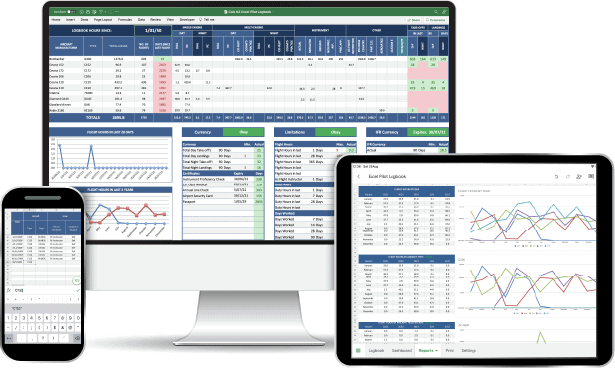
I have yet to be asked for the originals on job interviews. I put log book entry in it from my first flight noting the signed endorsements are in the original logbooks. About 5 years ago, I transferred three logbooks to an electronic version during my down time. I noted on the last page that I forwarded totals to a new logbook.

I also use a computer-based logbook with instant access and the trend is toward this type of logging, but there is something comforting, dating back through the history of aviation, which remains pleasing to keep a hard copy.Īfter I finished all of my licenses, trainings, etc, I took my original logbook and put it away for safe keeping. Yes, I know I will need to keep the old one around and available, and I religiously scan each page, including all endorsements as a backup, so the question is more about presenting oneself as a professional pilot, now that the FAA 'legally' would consider you one. I am currently leaning toward making the switch immediately after my commercial check ride and start fresh with a logbook that inherently shows a higher level of professionalism. I inherited this empty logbook a few years ago but now have all my flights properly documented through my instrument rating and all up-to-date currency and time building toward my commercial. I am using an old Jeppesen style (the small black one that some here would be intimately familiar with - the green-colored pages and never enough room to write anything in the remarks section, other than abbreviations).


I realize most would say when your current logbook has no more pages, but I'm curious for those times when you want to transition to a newer style logbook from a logbook originally produced in the early 70's. Seeking others advice and your ideas on when to make the switch to a new logbook.


 0 kommentar(er)
0 kommentar(er)
